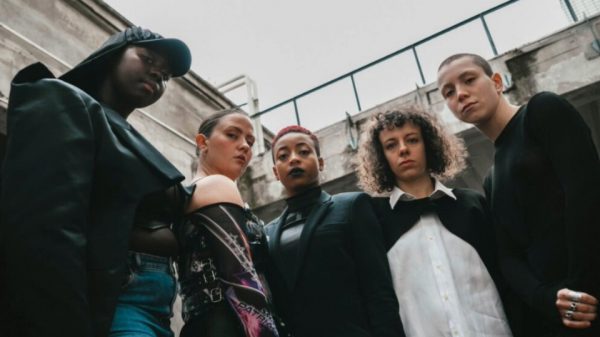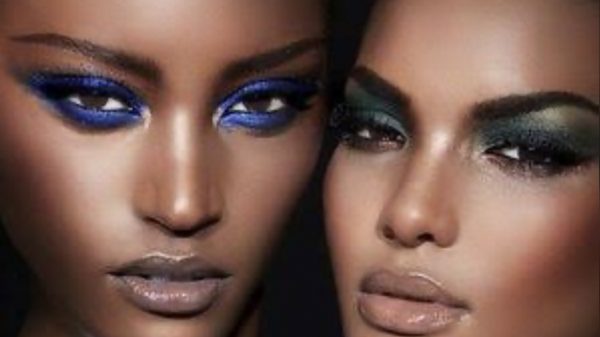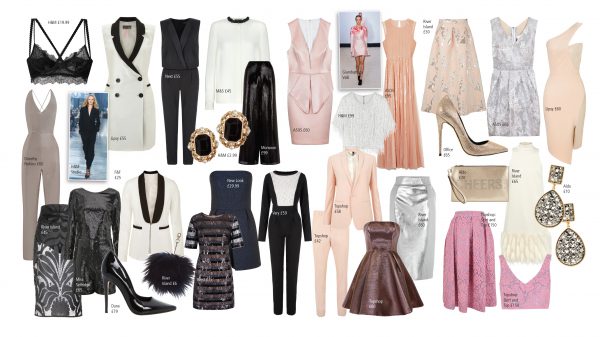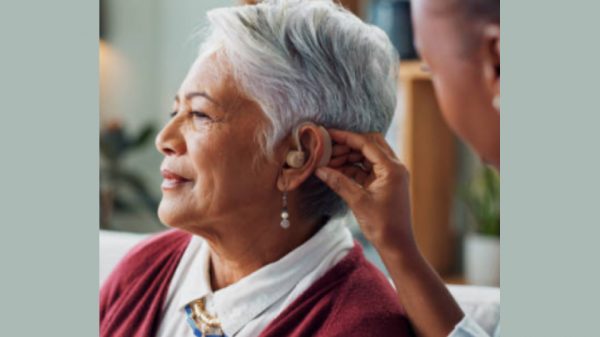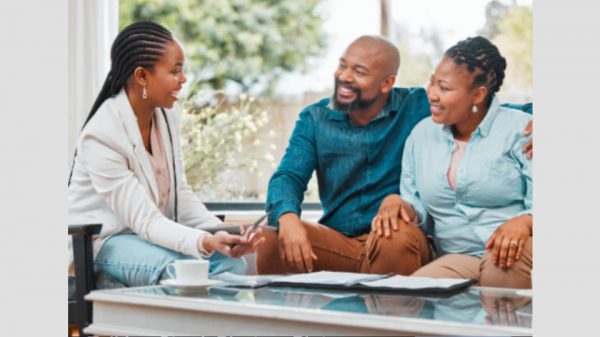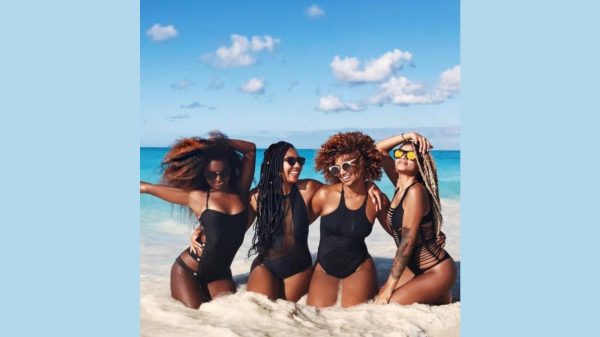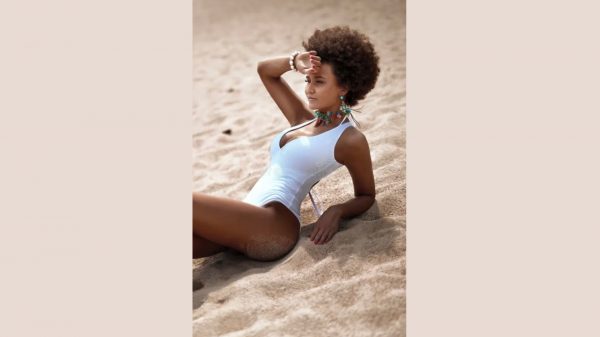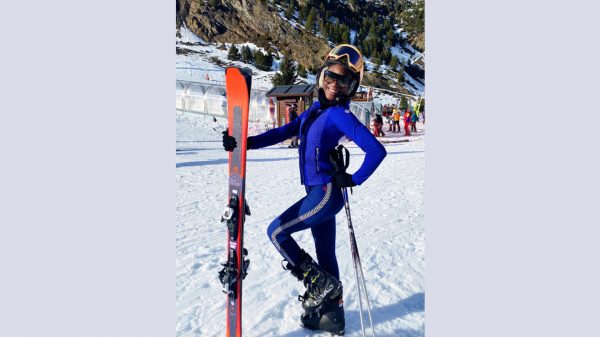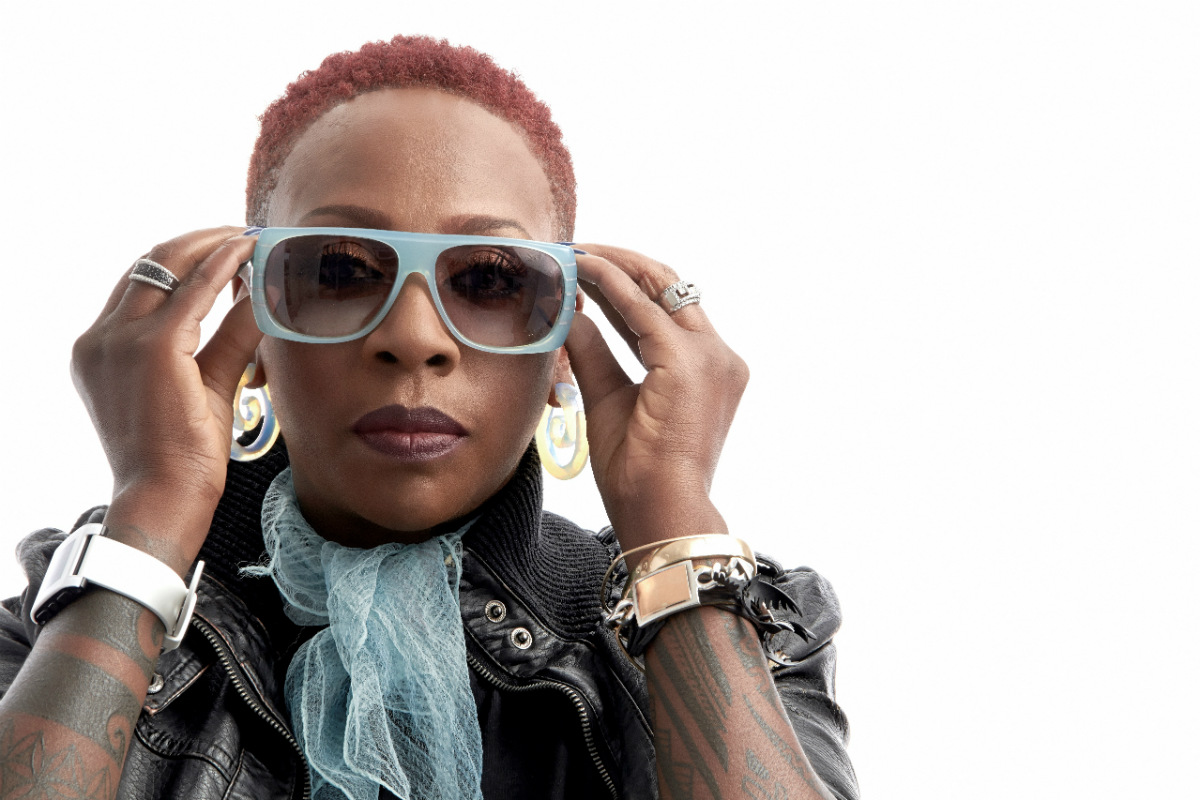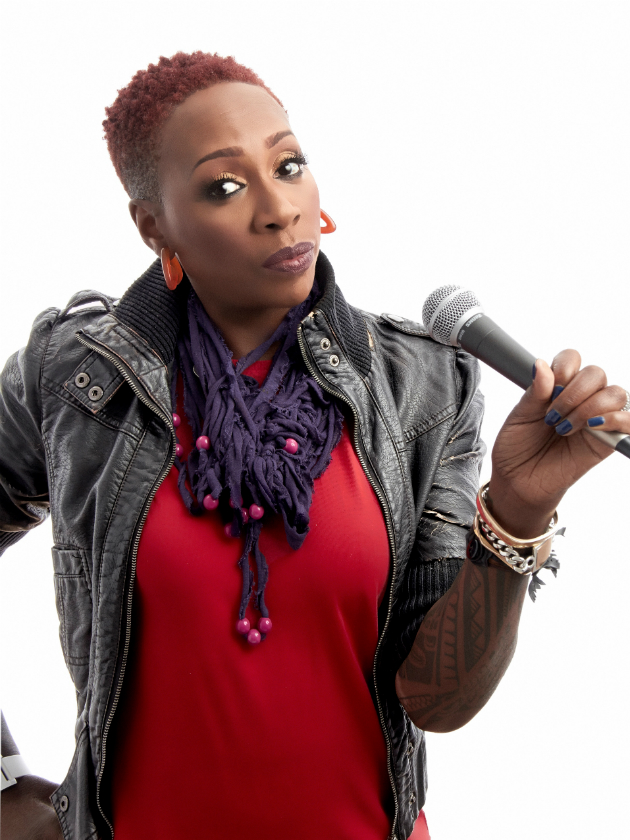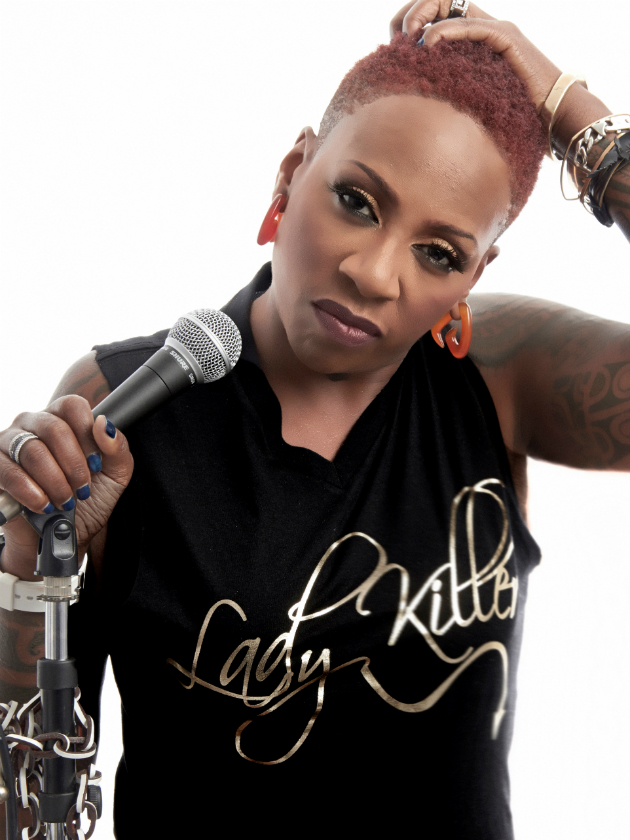It only takes an afternoon in the hairdresser’s, a dinner with your favourite cousins or a night out with the girls to remind you – black women are hilarious. However, if you take a look through the line-ups of most stand-up comedy shows in this country, you might think that the only people with the capacity to tell jokes are white men! As with many pockets of the entertainment industry, comedy could be a lot more representative for black women – but there are still some who do break through the barriers.
Gina Yashere has been doing exactly that since she first hit the stage in the Nineties – and from London, to New York, to tours all over the world, she’s had audiences cracking up with her brand of unapologetic, gutsy comedy. With her very own special now on Netflix (The Standups, s2, ep 2), and spots on US TV and films, Gina’s star is getting even bigger than ever before – and though she’s currently based in the States, she’s bringing it back home for a few shows later this month. We caught up with her ahead of time to find out what’s in store – and what happens when she performs in Trump-voting states…
Hi Gina! So, you’re back in the UK for a select number of shows at the Underbelly festival this summer – what can fans expect?
Gina Yashere: Laughs. (She laughs, herself.) That’s all I can say! I’ll just come and be funny for an hour. I never know exactly what I’m gonna do; sometimes the sets differ if I feel that some things would work better for a particular crowd.
You’ve been based in the States for a while now. What’s your favourite thing about life in the USA?
GY: I’ve been in America for like, 10 years now. I like the attitude here – I think everybody in England seems to be depressed right now. Even with Trump- I mean, I’m in New York, which is an oasis in the middle of all the craziness. But attitudes in New York are just more positive, people are go-getters – more people are like ‘I’m going for this, I’m going to achieve this’. There’s not as much negativity.
You’ve lived in LA, too – what’s the difference between the two cities?
GY: LA’s got the weather – the sunshine, the palm trees, the swimming pools. Weather and lifestyle-wise, LA is great – but the culture is non-existent. There are no real neighbourhoods. In New York, I chat to my neighbours – I never knew who was next to me in LA. There wasn’t that sense of community. New York is more similar to London in that there’s great music, great art, great theatre – the culture is there. LA has no culture – it’s loads of actors and people who wanna be famous.
Are people still surprised at the concept of you: a black British female comic?
GY: When I was first here, so for the first six or seven years, yes – it was a massive surprise when I opened my mouth. But now I’ve done so much TV over here, and I have the Netflix special out, people kind of know me now. “Oh, it’s that Gina!” So the element of surprise is, for the most part, gone. When I first got here, my first minutes of the set would always be: “yes, I’m black, and I’m British, we do exist.” But now we’ve got actors like Idris Elba, who’s an A-List star, people know now that there are black people in England. You’ve got Chiwetel [Ejiofor], you’ve got Idris, you’ve got Daniel Kaluyya – black British actors killing it in America. So it’s not such a big deal anymore.
You’re a regular correspondent on The Daily Show with Trevor Noah – a mix of humour and politics. Have you felt that your comedy has taken more of a political turn of late?
GY: (answering quickly) Nope. No – I find politics tedious. Obviously, my comedy’s based on my life, so whatever’s happening in my life will get into my act. So, Trump gets a mention, Brexit got a mention when it happened, but I don’t see myself as a political comedian. By virtue of being a black woman, I’m political anyway. I’m a statement.
Have you been keeping up with the comedy scene back home in the UK since you’ve been gone?
GY: I wouldn’t say ‘keeping up’, but I am aware of what’s been happening in the scene. The scene is evolving, and I like that, and I think that the line is blurring between the black comedy scene and the mainstream. I’d like to see more black comics crossing over that border, and getting mainstream success. I don’t see why we should be separate, because our comedy is as good, if not better than everybody’s else’s, because we straddle those lines.
What’s been the key contributing factor to your success and longevity?
GY: Hard f*cking work! (She laughs.) That’s it, basically. I put the work in. I work my ass off – I write constantly, I work as much as I can. I’ve always wanted to be the best at what I do, so I put 100% into it. I work my f*cking ass off!
“[Black] comedy is as good, if not better than everybody’s else’s”
When was the moment you realised that this was your calling?
GY: The moment I got my first laugh. I’ve always known I was funny, but I didn’t know I could do it on stage. I was brought up in the Seventies, so I’m watching TV and – apart from Lenny Henry – most of the comedians were white and male, which is pretty much the same today. But the moment I did step on stage and got my first laugh, I thought, “Oh sh*t, this is what I wanna do!” I was an engineer before this, and though I was a pretty good engineer, I was never gonna be the best engineer – I was never super passionate about it. It was a good job, I liked it, but it wasn’t something that I woke up thinking about every day, like “how can I be a better engineer?” I just turned up when they wanted me to be there, then I’d go home and I’d forget about it. Comedy is not the same: I live it, I breathe it. It’s a passion; it’s not just a job to me.
Since you’re always touring, where is somewhere that you’ve been pleasantly surprised with the audience’s response to your sets?
GY: Especially since the Netflix special came out, I’ve been travelling a lot around the States, and to a lot of red [Republican] states. Trump-voting states. And I’ve been pleasantly surprised! I’ve not been going into deep, dark, KKK territory, but I’ve gone to places that have been traditionally conservative, and the audiences have been quite receptive. But, having said that, I have been going to cities that are like an oasis in a desert of “red-neckery”. I went to Boise, Idaho, and as expected, I got a lot of white people in the crowd – but they were very friendly, and I had great shows. And Idaho is not a particularly left-leaning state – I went to Birmingham, Alabama and it was the same thing. But there were black people in Birmingham, Alabama! So even though it’s in a horribly racist state, the city has a high black population, so they came out to the show – as well as other white people too. Basically, there are pockets of sensible people everywhere.
Gina Yashere will be back in London at the Underbelly Festival Southbank for three nights only from Friday 22nd-Sunday 24th June. Tickets £17.50, 0844 545 8282 / www.underbellyfestival.com






